Boba Tea: Exploring its Origins, Ingredients, and Effects on Health
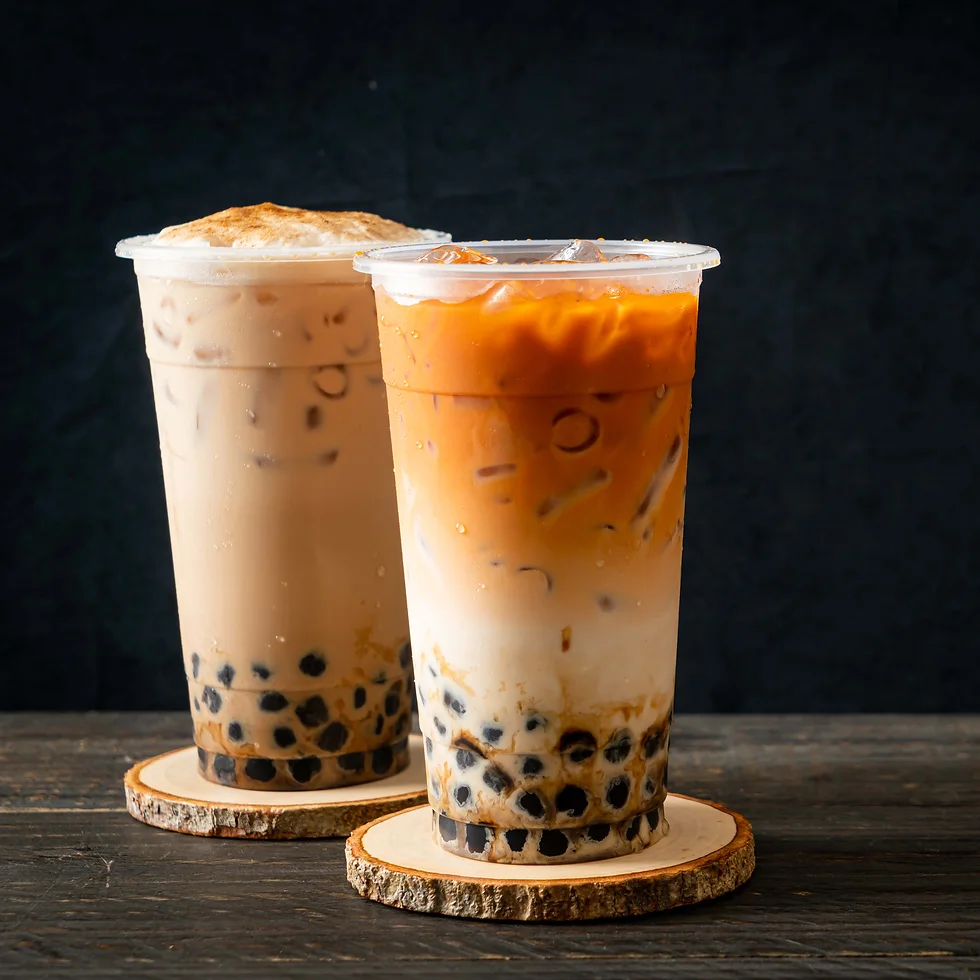
Introduction:
Boba tea, also known as bubble tea, has gained immense popularity as a delicious Taiwanese drink that has taken the world by storm. This article delves into the origins of boba, highlights its various ingredients, and examines the potential effects it can have on health.

Origins of Boba Tea:
Its roots can be traced back to Taiwan in the 1980s. According to legend, a creative tea shop owner had the idea to add tapioca balls to his beverage after being inspired by people putting jelly cubes in their iced coffee. This novel idea led to the birth of boba tea, which quickly gained popularity in Taiwan and eventually spread to other countries, including the United States.
Ingredients of Boba Tea:
Boba ingredients can vary, but there are a few key components commonly found in this beverage:
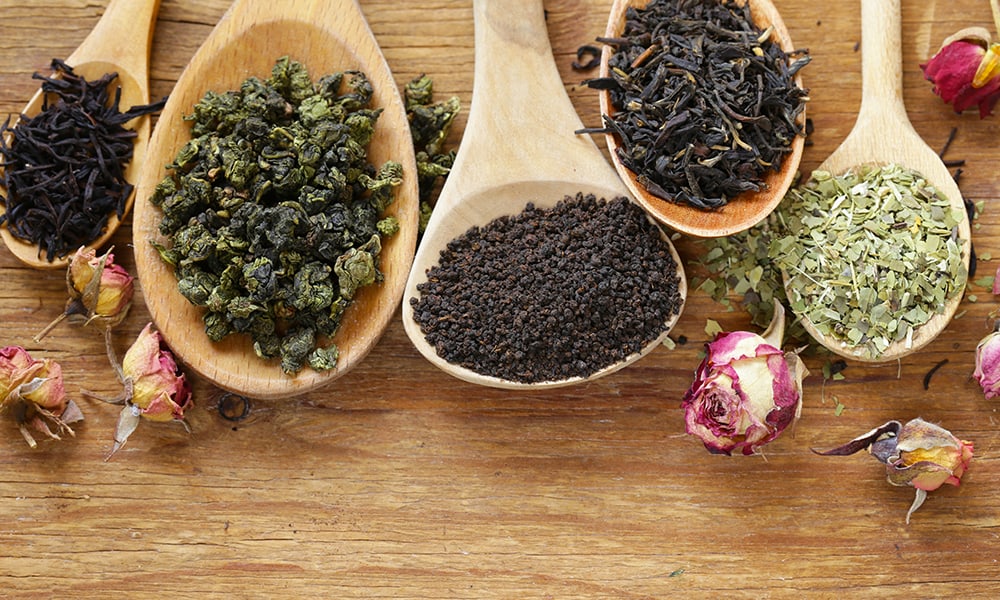
- Tea: Typically made with black, green, or oolong tea, this serves as the base for boba tea. The tea is brewed and then chilled before being mixed with other ingredients.

- Sugar: To add sweetness, boba is often sweetened with sugar, honey, or other sweeteners. The level of sweetness can be adjusted to suit personal taste preferences.
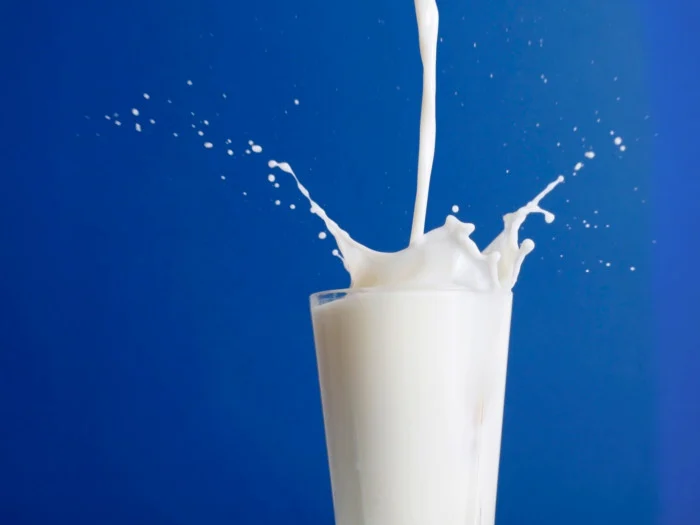
- Milk: A common addition to boba recipes is milk or cream. It can range from regular cow’s milk to dairy-free alternatives like almond milk.
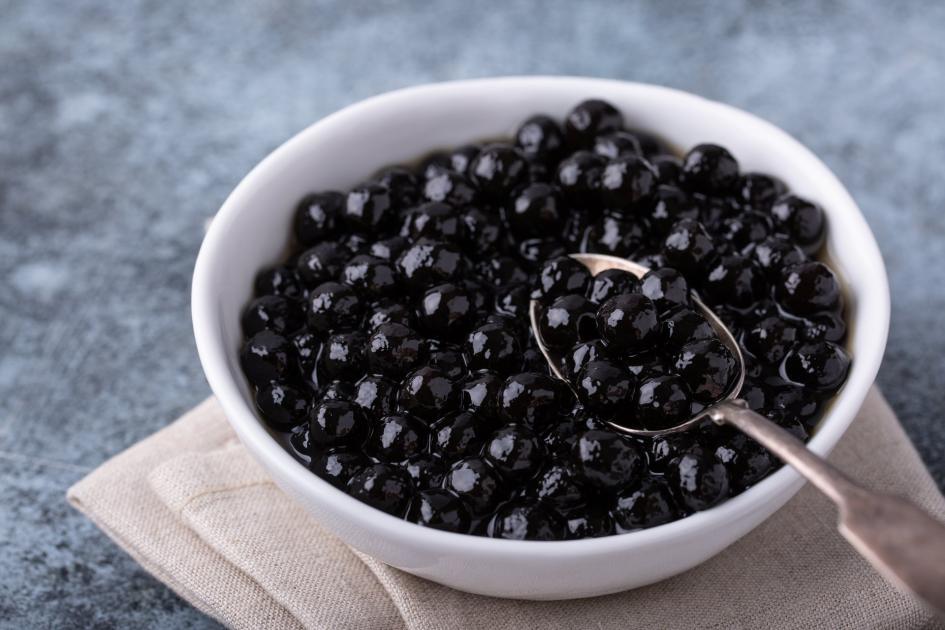
- Tapioca balls: The distinct feature of boba tea, these chewy tapioca balls are made from cassava starch. They come in varying sizes and colors that add texture and unique appeal to the drink.
Effects of Boba Ingredients on Health:
While boba can be enjoyed in moderation, it’s essential to consider the potential effects its ingredients may have on health:
Sugar in Boba tea
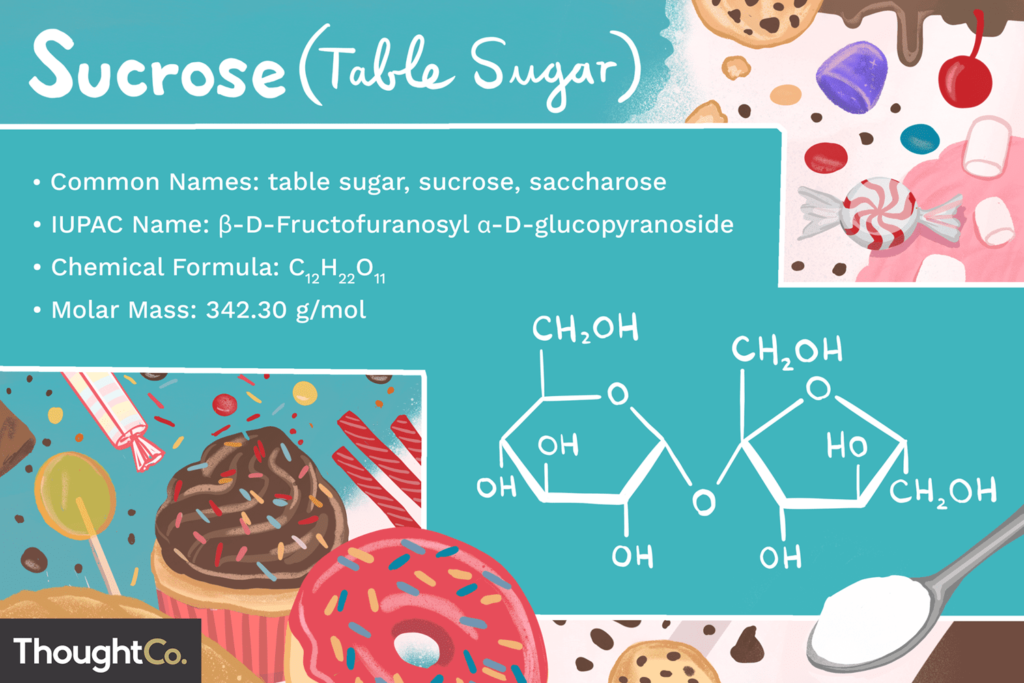
- Regular consumption of sugary drinks, including boba tea, can lead to weight gain, insulin resistance, and an increased risk of type 2 diabetes. High sugar intake may also contribute to gut dysbiosis, inflammation, and oxidative stress.
Caffeine in Boba tea:
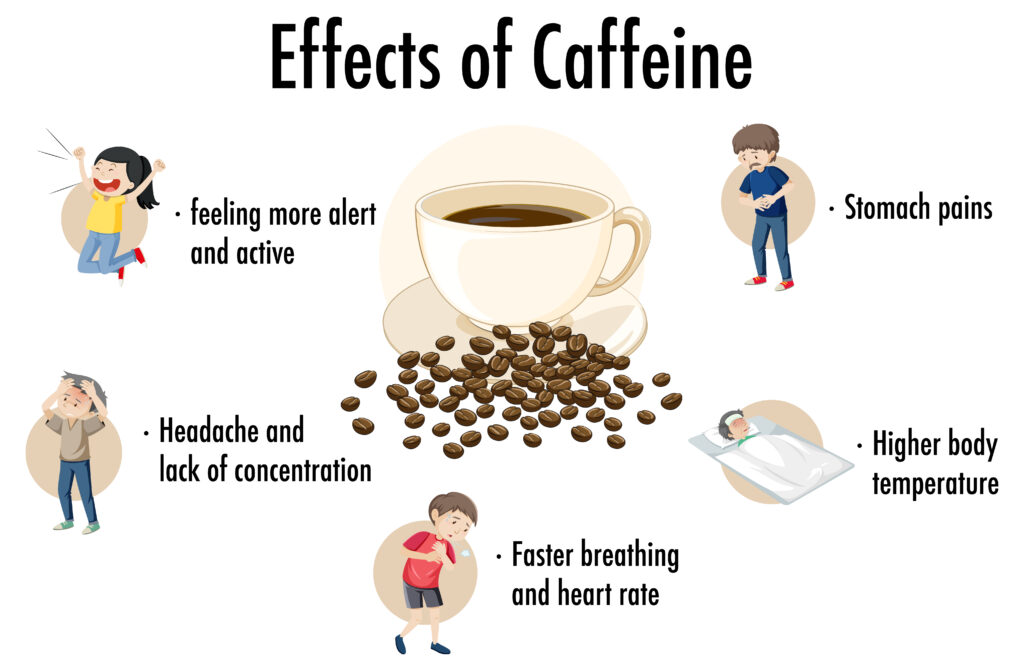
Long term Effects of Caffeine

- While caffeine has its benefits, excessive consumption can result in anxiety, insomnia, restlessness, and an elevated heart rate. Individuals sensitive to caffeine or those with underlying health conditions may experience more severe side effects.
Tapioca Balls in Boba

- Tapioca balls are high in carbohydrates and can impact blood sugar levels, particularly in individuals with diabetes. Additionally, if consumed improperly, tapioca balls can pose a choking hazard or lead to digestive tract blockages.
It is important to enjoy boba in moderation, opt for low-sugar and calorie options when possible, and consider sugar substitutes. Furthermore, individuals should be mindful of their specific dietary needs, such as allergies or lactose intolerance, by checking the contents of boba before consumption.
Conclusion:
Boba tea, with its unique blend of tea, sugar, milk, and tapioca balls, has captivated taste buds around the world. Understanding its origins, ingredients, and potential effects on health allows us to make informed choices when indulging in this popular drink. By consuming boba in moderation and selecting healthier options, individuals can continue to relish its flavors while maintaining a balanced lifestyle.


